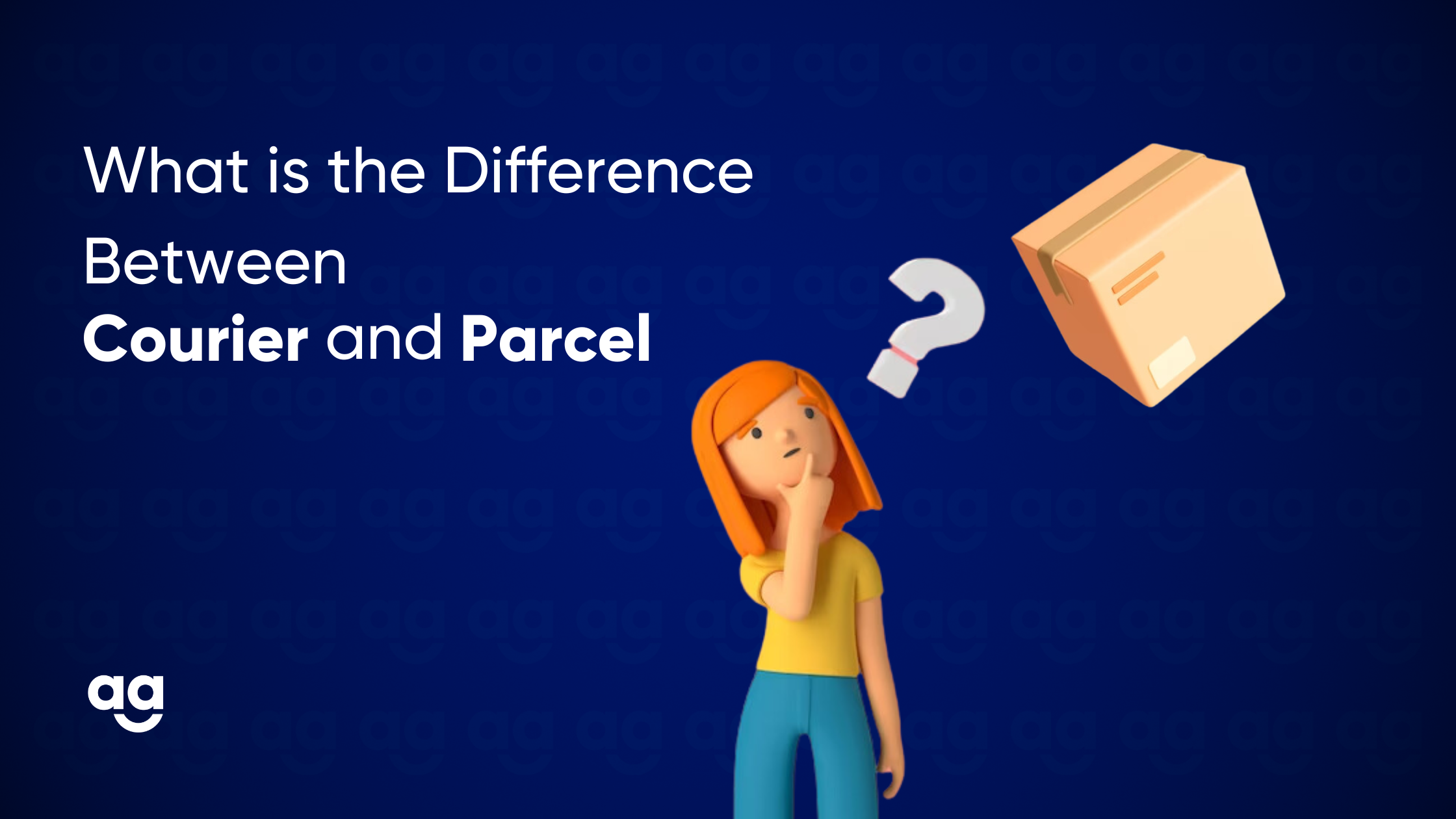Introduction
In this age of speed and technology, a shipment’s delivery process is crucial to guaranteeing customer happiness. The two most commonly used terms for any kind of a package are courier and parcel but what do they really mean in the vast world of ECommerce?
Let’s find out below.
Defining Courier
A courier service, often known as a courier company or courier delivery, is a specialized service that offers door to door delivery services of the packages. Couriers are known for being quick, dependable and have the capacity to handle a variety of objects, including delicate or priceless commodities. They are a great alternative for urgent shipments because they provide a variety of delivery options, such as same-day or next-day delivery.
Defining Parcel
On the contrary, a parcel is a single packaged item or a collection of items or bundles packaged together for shipping. From small envelopes to bulk boxes all can be included in a parcel, which might range in size and weight. The tangible items that couriers and postal services use to move packages from one place to another are called parcels. They could include anything, from furniture and household items to apparels and technology.
The Role of Couriers in Ecommerce Delivery
Couriers are integral to the success of ecommerce businesses for various reasons
1. Speedy deliveries
ECommerce companies often rely on couriers to provide fast and efficient delivery options. Couriers are equipped to handle express deliveries, ensuring that customers receive their orders quickly. This is particularly important in today’s on-demand culture where customers require same-day or next-day deliveries.
2. Tracking and security
Couriers offer tracking systems that allow both the ecommerce business and the customer to monitor the status and location of their package in real-time. This transparency builds trust and enhances the overall shopping experience. Moreover, couriers typically have stringent security measures in place to protect shipments, reducing the risk of theft or damage.
3. Flexible delivery options
Couriers provide flexibility in terms of delivery options. Ecommerce businesses can offer customers choices such as standard delivery, express delivery, and even specific time slots for delivery. This flexibility caters to a wide range of customer preferences.
4. Handling specialized items
Couriers are equipped to handle a variety of items, including fragile or valuable goods. They have the expertise to package items securely, reducing the likelihood of damage during transit. This is especially important for ecommerce businesses that sell delicate or high-value products.
The Importance of Parcels in Ecommerce Delivery
Parcels are the physical entities that couriers transport, and they play a vital role in the ecommerce delivery process
1. Packaging
The way items are packaged as parcels can impact their safety during transportation . Proper packaging is essential to ensure that products arrive at their destination safely. Ecommerce businesses must choose suitable and safe packaging materials and methods based on the nature of the products they are selling.
2. Labeling
Each parcel must be clearly labeled with essential information, including the sender’s and recipient’s addresses, tracking numbers, and any special handling instructions. Accurate labeling helps prevent delivery errors and ensures smooth logistics.
3. Dimension and weight
Couriers often charge shipping fees based on the size and weight of parcels. Ecommerce businesses must accurately measure and weigh their parcels to calculate shipping costs and provide customers with transparent pricing.
4. Bulk shipping
Ecommerce businesses often send multiple parcels in a single shipment, especially during peak seasons or promotional events. Efficiently managing bulk shipments and coordinating with couriers is crucial to meet customer expectations.
Wrapping Up
In the era of ECommerce, understanding the difference between couriers and parcels is essential for businesses to provide a seamless shopping experience. Couriers are the service providers that ensure on time and secure deliveries, while parcels are the physical entities that contain the products customers purchase.
By effectively managing both couriers and parcels, ecommerce businesses can enhance their reputation, improve customer satisfaction, and thrive in the competitive online marketplace.





 Shipping
Shipping